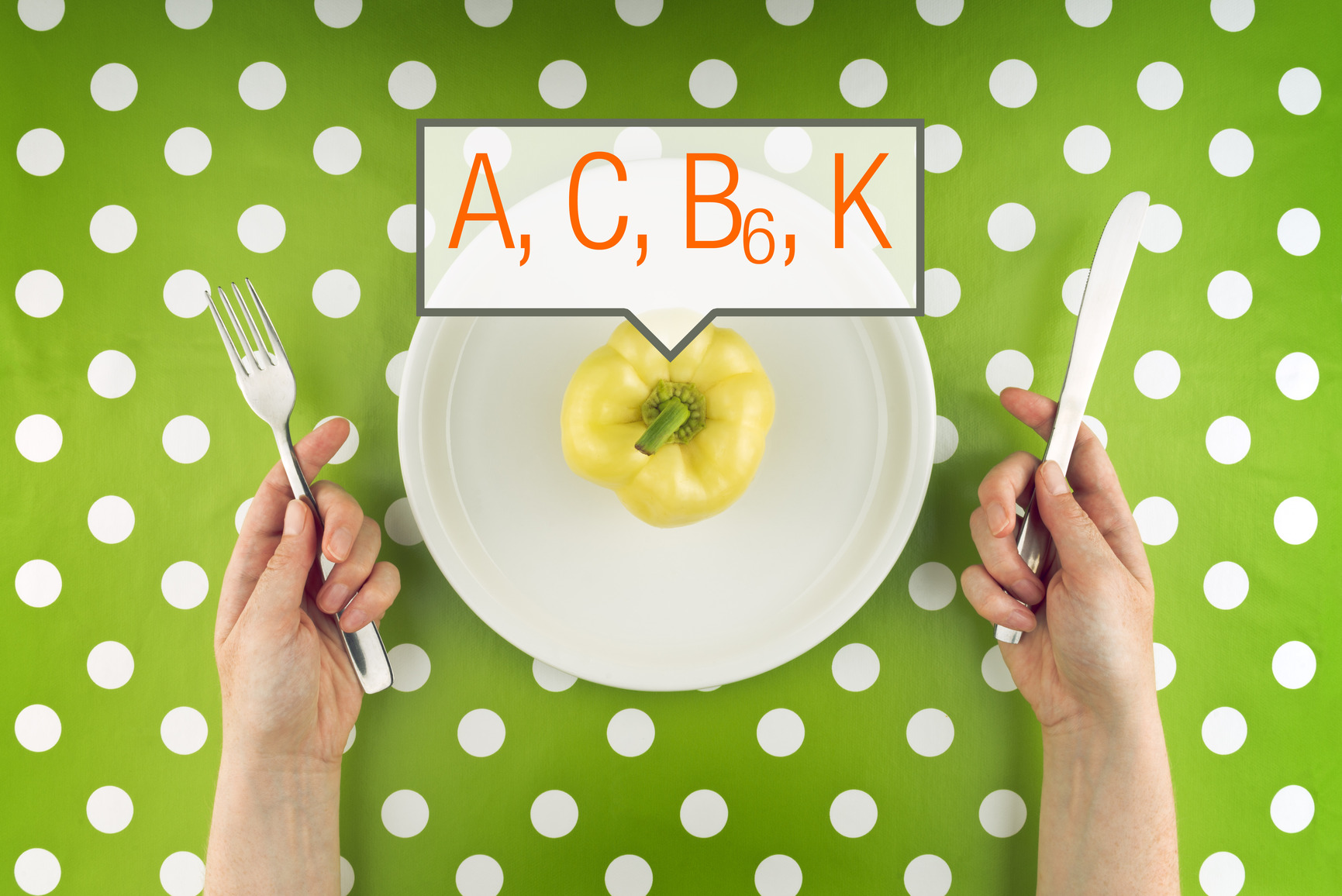
Clean eating. What is it? In a nutshell, clean eating focuses on eating whole, unprocessed foods. Ancient East Indian philosophy classifies this type of food as “Sattvic”, or freshly prepared, and not overcooked, spiced or salted.
Clean eating is meant to reduce the toxic load placed on our bodies by not overwhelming it with high amounts of salt, sugar, fats and chemicals found in so many foods in today’s grocery stores. To achieve this sort of diet, we often have to prepare meals at home. For some of you, perhaps the thought of time-consuming meal preparation comes up.
Then you may ask, “Who has time to make food from scratch?”
As the holiday season bears down upon us, many of us rush through the day without giving much thought to what we put into our stomachs. “Comfort foods” containing excessive amounts of salt, sugar and fat can easily become our main staples. Many of us are conscious of how we should eat; nonetheless, we often place our order for that “unclean”, drive-thru meal anyway and hurry onward to our next destination. After an exhausting day of work, traffic and other demands, dinner often doesn’t look much better.
So how can we manage to eat clean and preserve our health through the hectic holiday bustle? Here are ten tips for managing clean snacking and meal planning that can be applied during the holidays and afterward:
1. Eat breakfast every day! When we skip breakfast, our metabolism slows down and our blood sugar is thrown out of whack, impairing our judgment on food choices for the rest of the day. If our brain is starved of the glucose necessary for it to operate, we will be more tempted to eat bakery goods loaded with saturated fat and sugar instead of a bowl of oatmeal with fruit, for example. A good breakfast should consist of a balance of carbs and protein and a sparing amount of fat, preferably monounsaturated fat found in nuts, olive oil and avocadoes. When time is really a factor, put together a quick trail mix with nuts and dried fruit and maybe snatch up a banana on the way out the door.
2. Raw, crunchy foods ease tension and provide nutrition. This idea serves dual purpose. Crunchy produce such as celery, baby carrots and apples make healthy, stress-relieving snacks for your busy days. According to Mandy Seay, a registered dietician and author of the book, Your Best Health, chewing works out tension that develops in our jaw when we experience stress. These foods also provide health-promoting vitamins and minerals that can be depleted during periods of stress.
3. Eat consciously. Part of clean eating is to eat without multitasking, watching T.V., or engaging in much discussion. Focus on the food in front of you and eat it slowly. Vietnamese Buddhist monk, Thich Nhat Hanh, imparts wisdom on the subject of mindful eating, saying that we should chew each bite of food 30-50 times before swallowing.
4. Plan ahead. Set yourself up for success by buying fruits and veggies, preferably organic, and prepare them ahead of time. Veggies will keep for several days after purchase. Celery can be stored in water in your refrigerator to maintain crispness. Baby carrots are already easily portable; just rinse them before eating. Apple slices can be treated with lemon water to prevent oxidation which turns them brown. When eating these snacks on the go, keep some paper towels or wipes in your vehicle so that you can clean your hands before and after eating sticky fruits.
5. Savor the natural taste of foods. Our taste buds are tuned to be overstimulated by foods with high salt and sugar content, plus a myriad of different flavor-enhancing chemicals. Purchase whole or very minimally processed foods and season them with herbs, taking care not to add extra salt or sugar. Taste the fruits and vegetables, feeling the textures and letting your tongue recognize and develop an appreciation for the unique taste of each one.
6. Avoid emotional grocery shopping. In an emotional state, we may choose the foods that look the tastiest and easiest to prepare, ignoring the fresh produce and other natural foods that our bodies actually need. One way to avoid this mistake is to pack crunchy raw fruits and veggies prior to leaving for your round of errands.
7. Prepare crockpot meals. Crockpots can be a lifesaver for busy people with limited time to cook. There are a number of great crockpot soups and stews that can be made from all-natural, nutritious ingredients. Recipes that are allowed to slowly simmer all day retain more nutrients than ones which are quickly boiled or fried. The pleasant aroma of dinner wafting through your home is an added bonus to this strategy.
8. Place value on your health. Develop a mindset of appreciating good health and strive to have it. Understand that this includes the quality of food that you choose to consume, and the care you take in preparing your meals.
9. Learn to read food labels. The simpler the ingredients in the food you buy, the better. Avoid buying foods that contain a long list of preservatives, dyes, and fillers.
10. Bag and freeze extra portions. This tip relates to preparing crockpot meals. If you have a larger pot and want to make extra portions of the recipe, you can invest in a Food Saver and bag up and freeze the balance of what is left after dinner. For future meals, you can submerge the bags in boiling water or microwave them until they are hot. Foods retain most of their nutrition even after freezing, so you still have a nutritious meal ready to eat quickly.

